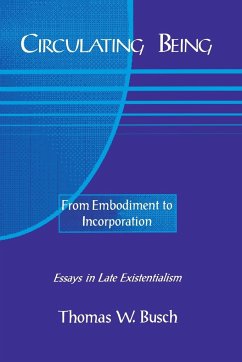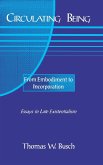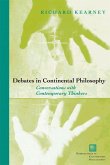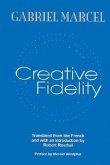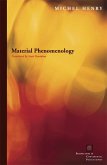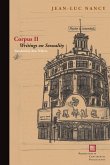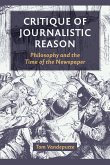Existentialism has come to be identified as a critical, reactionary way of thinking, celebrating the individual, freedom, embodiment, and the limits of rationality and systematic theorizing. For the most part this assessment is true of the early and, by now, "classical" works of existentialism, those that first burst upon the philosophical and cultural scene. Circulating Being centers on the later works of several well-known French existentialists (Camus, Marcel, Sartre, Merleau-Ponty) to trace out the development of their existential thinking about language, communicative life, ethics, and politics. This development "from embodiment to incorporation" carries existentialism beyond identification with the mere reactionary and reveals how, while prefiguring postmodernism in important ways, the existential thinkers dealt with here reveal themselves to be reconstructive of the Western tradition. This is apparent in the growing appreciation of difference in their late works along with a reluctance to surrender the ideal of unity, and in their reappropriation of truth and justice while repudiating a totalizing metaphysics.
Hinweis: Dieser Artikel kann nur an eine deutsche Lieferadresse ausgeliefert werden.
Hinweis: Dieser Artikel kann nur an eine deutsche Lieferadresse ausgeliefert werden.

